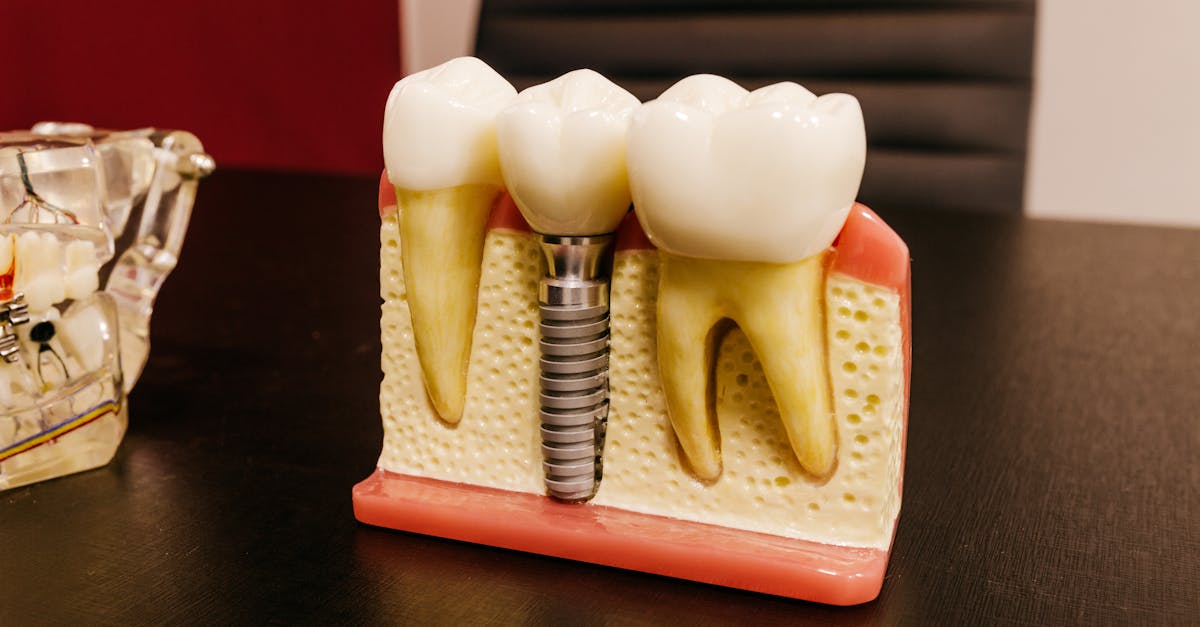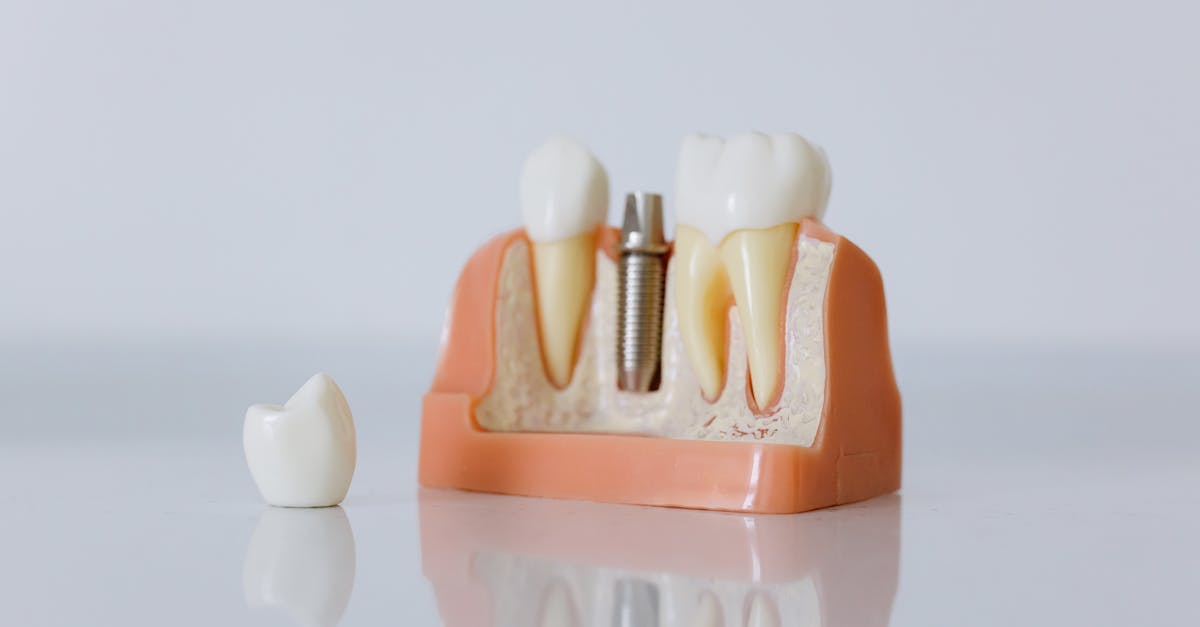Nurturing Daily Health Habits for Better Well-being
Introduction to Daily Health Habits
In today's fast-paced world, maintaining optimal health can seem like a daunting task. Yet, the reality is that nurturing daily health habits is simpler than one might think. By making small, consistent adjustments to our daily routines, we can make significant strides in improving our physical and mental well-being. Establishing these habits is not about drastic changes but about incorporating manageable changes into our lifestyle. Whether it's dietary choices, exercise routines, or mental health practices, each small decision contributes to the bigger picture of health. Let's explore how the foundation we lay today can lead to a healthier tomorrow.
Advertisement
The Importance of Consistent Routines
Consistency plays a crucial role in nurturing daily health habits. By establishing a routine, it becomes easier to adhere to habits that benefit our well-being. Regular routines also promote better time management, ensure that important tasks are not overlooked, and reduce the stress associated with decision-making. For instance, setting a fixed time for meals can regulate metabolism and prevent unhealthy snacking. Similarly, consistent exercise routines enhance physical health and contribute to emotional stability. Establishing a pattern in daily life helps the body to anticipate and prepare for actions, optimizing efficiency and effectiveness.
Advertisement
Strategies for Healthy Eating Habits
Eating balanced meals and staying hydrated are foundational to nurturing daily health habits. Foods rich in nutrients, like fruits, vegetables, whole grains, and lean proteins, support the body's complex systems. Establishing a habit of meal prepping ensures that healthy options are always available, reducing reliance on convenient but unhealthy fast foods. Mindful eating—focusing on the taste, texture, and enjoyment of food—can help in controlling portion sizes and avoiding overeating. Drinking adequate water daily assists in digestion, nutrient absorption, and maintaining optimal energy levels for physical activities.
Advertisement
Incorporating Physical Activity into Daily Life
Regular physical activity is an essential component of maintaining health and preventing chronic illnesses. It's recommended to aim for at least 150 minutes of moderate-intensity exercise per week. However, you don't need a gym to stay active; walking, cycling, or home workouts can be equally beneficial. Inviting a friend to participate can make exercise a social activity, enhancing mental well-being. Additionally, desk-bound individuals can incorporate short, frequent breaks to stretch or move around, countering the effects of prolonged sitting. These movements encourage circulation, improve posture, and boost overall energy levels.
Advertisement
Maintaining Mental Wellness
Mental health is as important as physical health when nurturing daily habits. Practices such as meditation, journaling, or engaging in hobbies can significantly reduce stress levels. Mindfulness techniques help in staying present and managing anxiety. Establishing boundaries between work and personal life is crucial in maintaining balance and preventing burnout. Additionally, connecting with others—whether through social gatherings or online communities—provides support and enriches emotional health. Prioritizing sleep is another vital component, as quality rest rejuvenates the mind and supports cognitive functions.
Advertisement
Prioritizing Sleep and Rest
Quality sleep is foundational to holistic health, impacting both physical and mental aspects of well-being. Aim for 7-9 hours of restful sleep by adhering to a consistent sleep schedule—even on weekends. Creating a calming bedtime routine, like reading or listening to soothing music, signals the body that it's time to wind down. It's equally important to create a sleep environment free of disruptions, such as reducing screen time before bed. Rest is not only about sleep; it's about taking breaks during your day, allowing your body and mind to rejuvenate.
Advertisement
The Role of Hydration in Health
Proper hydration is a simple, yet often overlooked, element of daily health habits. Water aids in various bodily functions, including digestion, temperature regulation, and joint lubrication. Carrying a reusable water bottle serves as a constant reminder to stay hydrated throughout the day. Flavoring water with fresh fruits or herbs can enhance taste, encouraging increased water intake. Monitoring the body's thirst signals and responding accordingly help prevent dehydration, which can adversely affect concentration, mood, and overall energy. Remember, staying hydrated is vital regardless of season or activity level.
Advertisement
Leveraging Technology for Health Management
Technology can be a valuable ally in nurturing daily health habits. Fitness apps and wearable devices track physical activity, sleep patterns, and other health metrics, offering insights into personal health progress. Calorie-tracking apps can assist in understanding dietary habits and making informed nutritional choices. Online platforms provide access to diverse workout routines, catering to different preferences and fitness levels. Additionally, reminders and alarms can help schedule breaks, hydration, and daily reflections, ensuring that important activities are not overlooked. Technology, when utilized effectively, can enhance our journey towards better health.
Advertisement
Overcoming Challenges in Habit Formation
It's natural to encounter challenges while establishing new health habits. Obstacles like lack of motivation, time constraints, or emotional setbacks can disrupt progress. Setting realistic, attainable goals instead of aiming for perfection fosters a more attainable approach. Finding a support network, whether through friends, family, or online communities, can offer motivation and accountability. It's essential to celebrate small achievements and remain patient, as habit formation is a gradual process. Remember, resilience and adaptability are the keys to sustaining long-term health benefits.
Advertisement
Conclusion and Moving Forward
Incorporating and nurturing daily health habits is an investment in your present and future well-being. Though it may require commitment and perseverance, the rewards—improved physical health, mental clarity, and a sense of balance—are invaluable. Start small, and allow these habits to evolve. While every individual's journey is unique, consistent effort and self-awareness can transform daily routines into lasting health benefits. Remember, the journey towards better health is a marathon, not a sprint, and every step forward is a step in the right direction.
Advertisement








